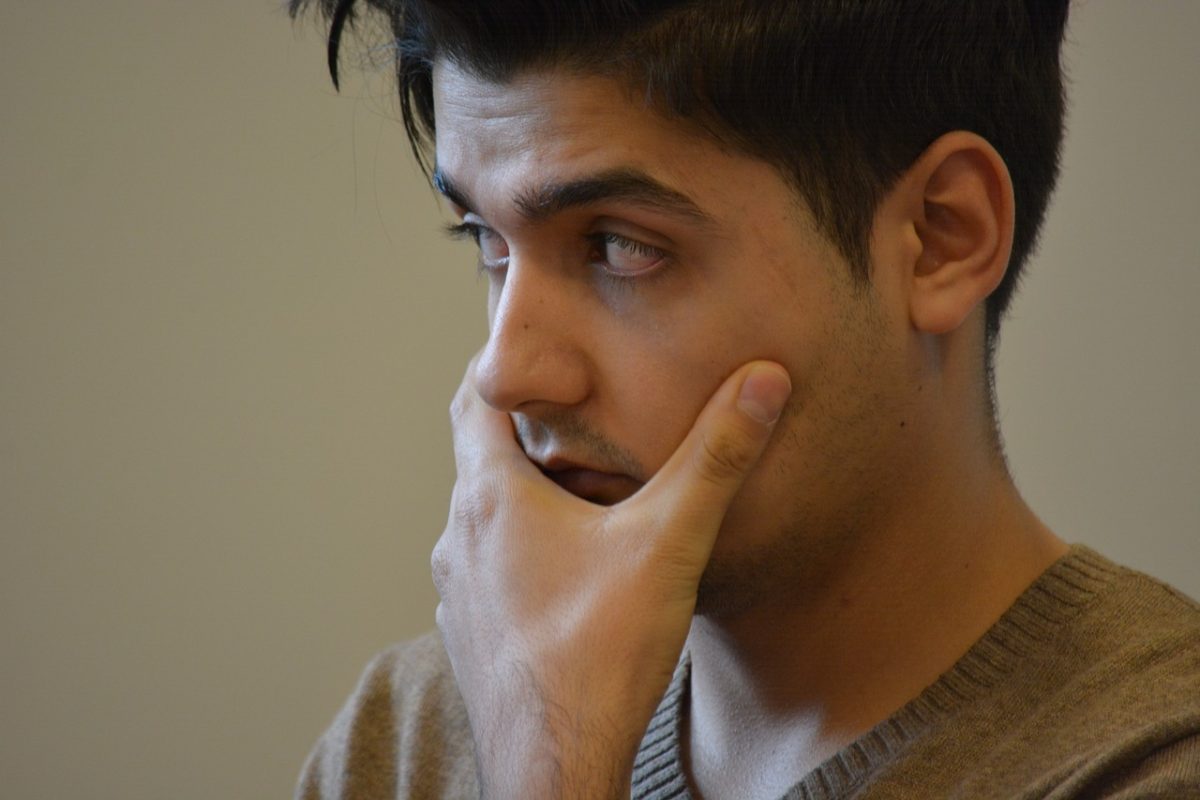Have you ever been in a “conversation” where the other person was obviously not listening?
They may have been distracted by their own thoughts, looking at their smart phone or watching things going on elsewhere. While you are talking they could be keying on their computer, shuffling papers or doodling. One cue that they are not listening is the lack of listening non-verbals, e.g. eye contact, facing you, conversation encouragers such as a nod or smile.
The non-listener will interrupt, talk over you, try to solve your problem before they know what it is and direct the conversation to their own issue or story.
Of course, each of us engages in one or more of these behaviours at one time or another. The net result of the failure to listen is that the speaker becomes frustrated, annoyed and even aggressive in tone or posture.
When you really listen, you give the speaker the gift of affirmation – you affirm their existence, their worth and that you value them enough to pay attention to them (rather than to your own needs).
However, to listen reflectively you need to be present to the other person – to be mindful. You can reflect what the speaker is saying through summarising, paraphrasing and checking for understanding.
Reflective listening requires focused attention – a key feature of mindfulness. It is really a two-way street. The more you listen and focus on someone talking, the more mindful you become; the more you develop the habit of mindfulness, the more you are able to listen reflectively.
You have to learn to use your ears more and your mouth less so you can focus on the other person and what they are saying.
Image source: Courtesy of Pixabay.com.

4 thoughts on “Grow Mindfulness through Reflective Listening”